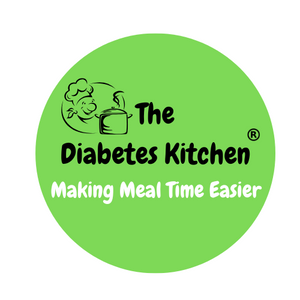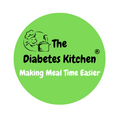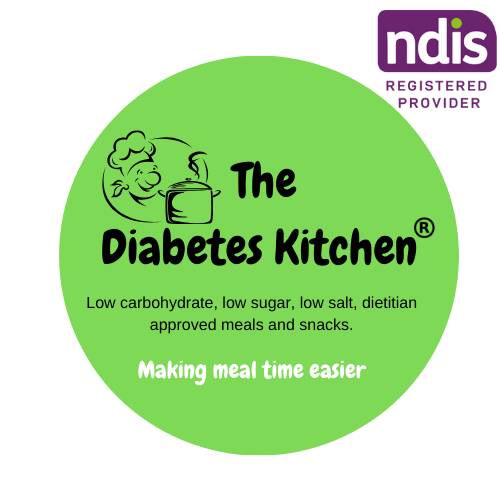According to the latest research, 60% of your success in losing weight is directly related to your emotional state. When you’re feeling positive, hopeful and enthusiastic about your weight loss journey, it’s easier for you to make healthy choices and be more active. On the other hand, when you’re feeling down or frustrated with your weight loss efforts, it’s much harder for you to stick to a healthy eating plan and get moving.
This is why emotional eating is such a big factor in your weight loss journey. If you associate certain foods with feelings of sadness or loneliness, they'll tend to trigger overeating whenever they come along. Conversely, if you associate certain foods with feelings of joy or happiness, they're going to make you feel less inclined towards unhealthy snacks as soon as they appear on the menu.
What are the benefits of emotional eating?
Emotional eating is a normal human behavior and not something to be ashamed of. Emotional eating provides some benefits - it can make you feel better, reduce your stress levels and increase your self-esteem. In addition, emotional eating tends to be less intense than physical hunger and you can eat more slowly which helps curb cravings.
By understanding the triggers that lead to emotional eating, you can avoid overeating when they happen and develop coping mechanisms for when the emotions are strong enough to trigger an urge for junk food.
Outsourcing SEO: 5 Things You Should Know
If your company doesn’t have time or expertise in handling everything that comes with a solid SEO strategy, outsourcing SEO is a smart decision. Outsourcing brings many benefits for small businesses because of the increased knowledge about search engine optimization (SEO) strategies available through third party companies. For example, by outsourcing your SEO strategy, brands have control over how much money they spend on clicks that don't convert into sales while still achieving high conversion rates from users who click through their ads on social media platforms like Facebook. Another advantage of outsourcing your SEO strategy is the ability to focus on other aspects of marketing like content evaluation and page optimization while leaving the difficult work of meeting strategic goals up to industry experts.
How to identify your emotions while eating
The key to controlling your emotions is being able to identify when you're feeling an emotion and what the emotion might be. The next step is making the conscious decision to act in a way that will diminish the emotion.
Let's say you're eating a bowl of ice cream in front of your TV and suddenly feel sad. You can then make the decision to put down the food, get up and go for a walk or use another coping mechanism. If it's harder to identify your emotions while eating, try keeping a journal where you write down when you notice yourself beginning to feel an emotion or when it's gone.
Why your weight loss efforts fail
If you're not feeling positive about your weight loss, you may be tempted to give up. You might try dieting or exercising a few times but ultimately quit and return to your old eating habits. This is because when you're struggling with your weight loss journey, it's difficult to see the positive results that come from sticking to healthy habits.
Additionally, if you're not feeling positive about your weight loss efforts and are constantly feeling disappointed in yourself for not being able to stick to a diet or exercise plan, this can lead to emotional eating and make it even more difficult for you to lose weight.
How to break the habit of emotional eating
So, how can you break the habit of emotional eating? One way is to banish the food from your surroundings. Say no to going out to lunch with friends or ordering comfort food at work when you’re feeling down. Or better yet, have a friend you trust keep an eye out for when you go through a tough time.
Another way is by connecting your emotions to positive things. For example, if you tend to binge shop when you're sad, think about what your favorite thing about shopping is and use it as a reminder of why it's important that you stay on track with your weight loss efforts. On the other hand, if you associate shopping with happiness and try not to think too much about the other side of it, you'll find that your desire for unhealthy snacks will dwindle over time.
Finally, try exercising during your more difficult times in order to fight off feelings of sadness or worthlessness caused by overeating. When you exercise regularly and feel good about yourself again, it's easier for you to stick with healthier choices for longer periods of time than if you just give in every once in awhile when things get hard.
Conclusion
We all know that emotional eating is bad for our health and can lead to weight gain, but how can we stop?
Eating when you’re feeling happy, sad, jealous, bored, or stressed can be a quick fix for a temporary feeling. However, these emotions can have negative consequences on your weight loss, mood, and your overall health if you continue to eat in this way. If you want to break the habit of emotional eating, try these steps:
- Recognise when you’re eating when you’re feeling emotional and then take a few deep breaths to reset yourself and find your focus.
- Eat when you’re hungry and stop when you feel satisfied.
- Eat in a mindful way (take a good look at your food, chew it slowly), focusing on the food and not the emotion.
- Get out of your head by exercising or distracting yourself with a hobby or activity you enjoy.





